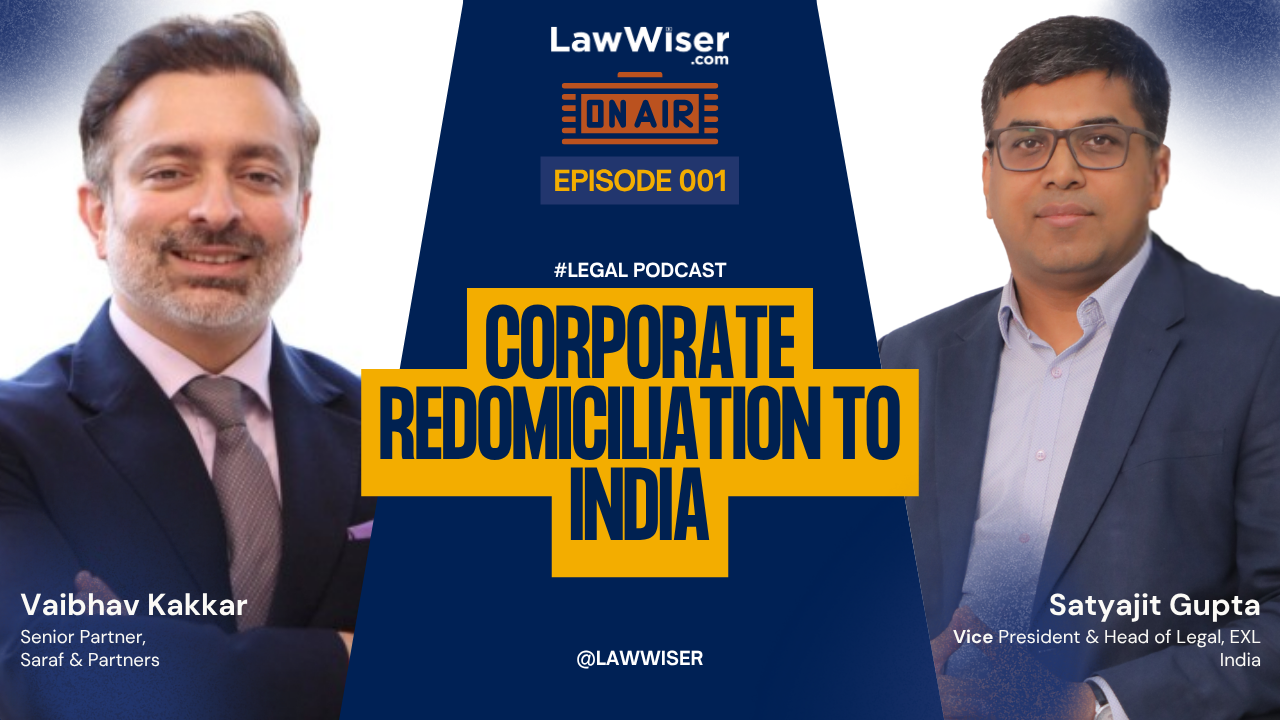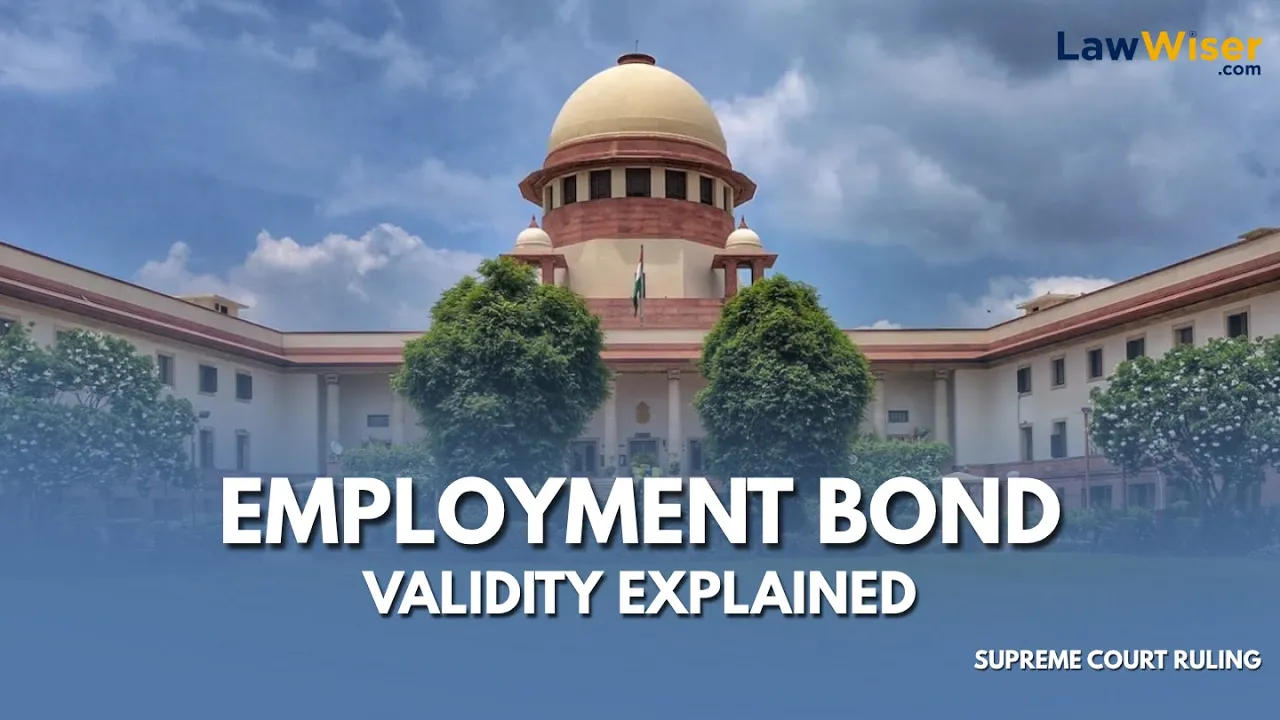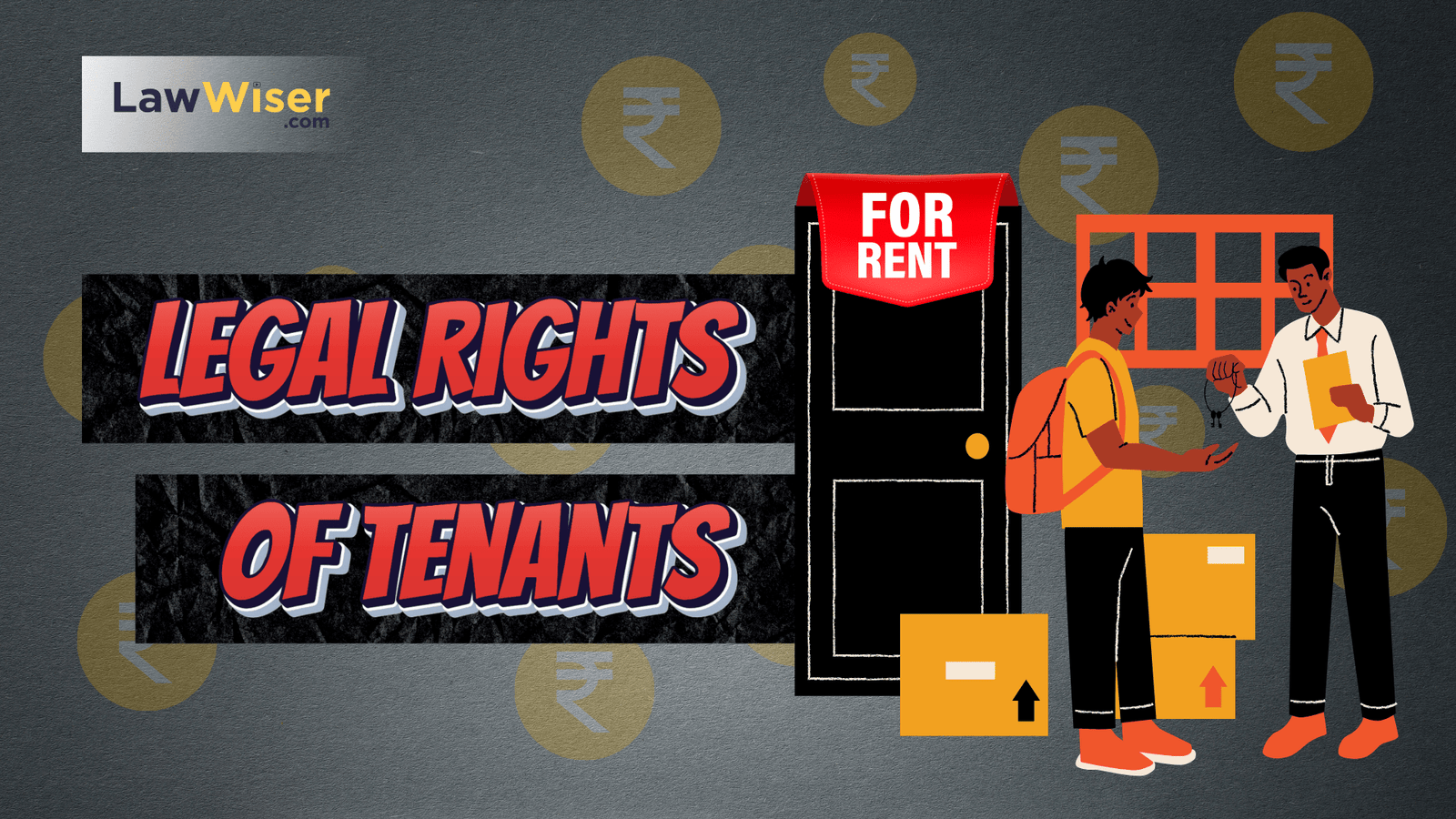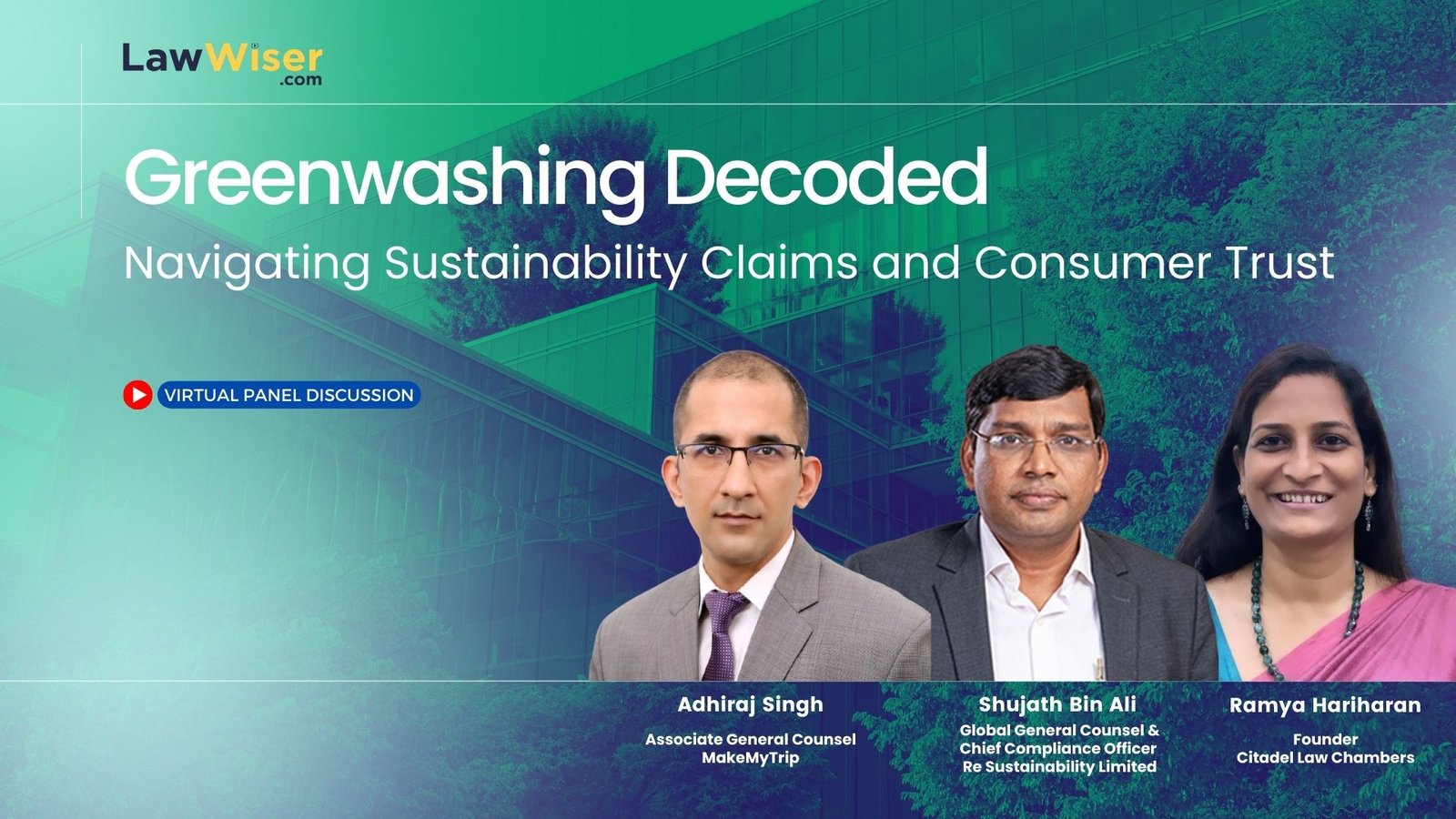Tax Updates : July-August 2022 | Jatin Arora, Phoenix Legal | LawWiser
TAX UPDATES : JULY-AUGUST 2022 | JATIN ARORA, PHOENIX LEGAL | LAWWISER
There have been significant developments over last two months in the tax field. These changes have far reaching impact on businesses and general public.
Watch Now LawWiser’s video on Tax Updates : July- August where Jatin Arora, Partner, Phoenix Legal succinctly explains some the critical developments in the field of tax.
He explains about:
🆕 Recent circular by the Government on liquidated damages, notice pay recovery and other penal charges
🆕 Revenue augmentation measures
🆕 Section 194R of Income Tax
To know about all this and much more, watch the full feature now!
IN THE VIDEO
Recent circular by the Government on liquidated damages, notice pay recovery and other penal charges
Starting with the most recent development, and an important one at that, the Government has issued three circulars on various contentious matters that have been languishing under the GST law for long. The first and most talked about circular is related to the applicability of GST on payments which are penal in nature but the controversy around them was whether these can be said to be a consideration for a supply of service or not. These are in the nature of liquidated damage, compensation, penalty, cancellation charges, late payment surcharge etc. arising out of breach of contract or otherwise and are related to the scope of the entry 5 (e) of Schedule II of the CGST Act, which is “agreeing to the obligation to refrain from an act, or to tolerate an act or a situation, or to do an act”. The circular clarifies that there are different situations that are envisaged under the above entry 5(e) and these are:
- Agreeing to the obligation to refrain from an act
- Agreeing to the obligation to tolerate an act or a situation
- Agreeing to the obligation to do an act
The Government has now clarified that payments which are in the nature of prevention of breach of a contract or are a deterrent to prevent breach of the obligation under a contract are not in the nature of a consideration given for a supply. Further explanation has been provided by way of examples in relation to liquidated damages in a contract, notice pay recovery or cheque bouncing charges, penalty by the statutory authorities in violation of the law, forfeiture earnest money deposit by buyer of immovable property etc. and it is said that these or similar situations are not covered under the schedule II of the GST Act and hence are not subject to levy of GST.
On the other hand, the circular also talks about certain situations such as non-compete agreements, penal charges for cancellation of bookings of a service like travel or events where penalty is levied for last minute cancellation charges or amounts forfeited due to no show etc. The clarification provided in these circumstances is that these are subject to GST as these situations would fall under the three important limbs of the entry 5€ of schedule II.
This is an important clarification by the Government and will bring a huge relief to the entire business community, especially on the issues of liquidated damages and notice pay recovery. Since this is a clarification on the taxability of such transactions, it will be applicable on all matters of past as well and would provide relief in all those cases where notices were issued by the department.
The other two circulars broadly provide rationale on the changes in rates and classification of various goods and services that were announced post the 47th GST council meeting. We will discuss few of them now.
Revenue augmentation measures
- On the tax rate front, the Council has done some sweeping changes. One such change is in relation to levying 5% GST without input credits on non-ICU rooms in hospitals, where daily rental is more than Rs. 5000. Now one can argue that the impact of this change will be limited to few large hospitals and it is not really a common man issue, the levy leads to some important aspects. Whether the room charges in hospital is a standalone supply, separate from the overall healthcare service offered by the hospital, and hence can the government tax it as a separate supply. Second, this shows that the Government is looking at the healthcare sector now and we may see some more activities being carved out of the healthcare service definition and could be brought under GST next going forward. Moot point is how will the Government address the issue of splitting the composite supply of healthcare service of hospital and tax individual activities. Certainly, we will see litigation on this front.
- Renting of residential units, which was exempt till now, will now be subject to GST if the renting is done to a business entity. This tax would be payable under RCM mechanism by the recipient. This is an important change not only from GST perspective, but also from income tax perspective. We know Various companies take residential flats or houses on long term lease, either for providing housing society arrangements for all employees or for short stays of their employees in different cities or for long term stay of senior executives or expatriate employees. All such arrangements will now be subject to GST. Mostly the ITC of the GST paid by the company under RCM would be challenged by the authorities on the pretext of personal use of employees, the cost of additional GST will also have bearing under the income tax law on the employee contracts. Companies will now be constrained to evaluate whether company lease would be better or giving HRA would be better.
- All pre-packaged goods, whether having a brand name or not, which fulfil the conditions prescribed under Legal Metrology Act regarding retail packages, are now subject to levy of GST at 5%. The underlying condition here is that the pre-packaged goods should be liable to carry the specified declarations under the Legal Metrology Act. In other words, if a pre-packaged product is not considered a retail package in terms of Legal Metrology Act, then GST will not be levied on such packed product. These include goods sold in loose form that is not pre-packed form, or are in bulk form. The Government has also issued detailed FAQs on the applicability of GST in this segment, which amply makes it clear as to when the pre-packed items will be subject to GST and when not.
- Besides the above, the hotel rooms of up to 1000 per night, which were exempt till now have also been brought under GST levy at 12% rate. Cheque books and lose cheque leaves issued by the banks are also now subject to GST.
Other important developments
Section 194R of Income Tax
With effect from July 1, 2022 a new section has been introduced in the Income tax act and that is Section 194R. This section provides for deduction of tax at source on benefits or perquisites provided by an Indian tax resident to any person in India. Now there are few aspects related to this section which are very important.
The section provides that any person, who is providing any benefit or perquisite, of more than Rs. 20,000 in a year, should withhold tax at the rate of 10% of the value of the benefit or the perquisite so provided. The tax has to be deducted and deposited with the Government before providing the benefit or the perquisite.
CBDT issued detailed guidelines, in the form of a Circular, for removal of difficulty in implementation of the Section. The guidelines are said to have the legal force as these are issued under sun-section (2) of Section 194R, and thus are said to be binding. The guidelines deal with a variety of situations and provides clarity on how such situations will be dealt with.
A specific illustration mention in the guidelines has created ripples specially for the pharmaceutical industry. The illustration relates to distribution of free samples by pharmaceutical manufacturing companies to doctors. It is explained in the guidelines, that provision of the free samples will be considered as benefit or perquisite provided to the doctors.
Since the guidelines are issued by way of a circular, for removal of difficulties in implementation of the provisions of section 194R, the illustration provided therein may also be taken as a binding instruction, at least by the department authorities. However, what needs to be seen is how the free samples given to doctors can be considered as a benefit or perquisite in the hands of the doctors. Surely, we would see a spade of litigations on this matter whether related to what is the benefit, what should be the valuation etc.











